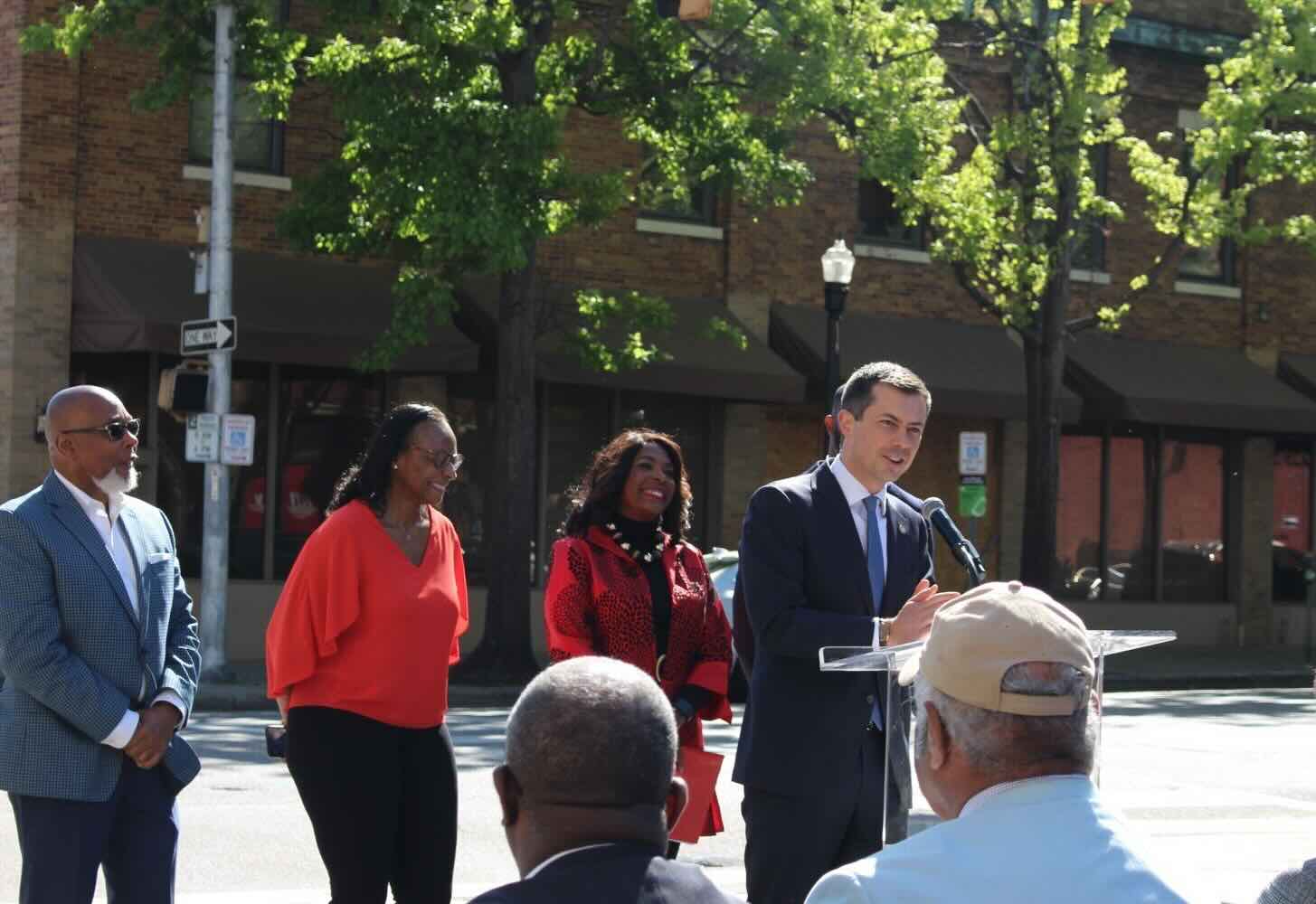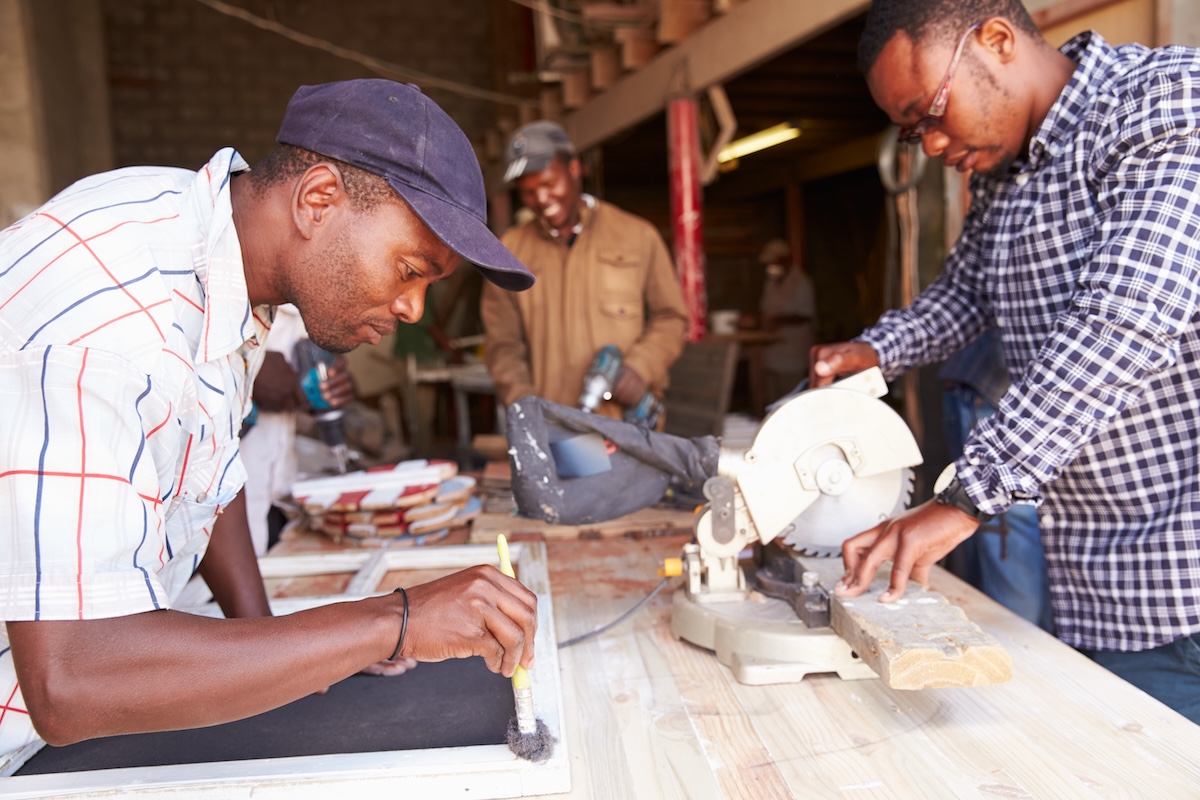ImpactAlpha, Mar. 11 – The American Rescue Plan’s narrative of bottom-up prosperity for the post-Covid recovery resonates with a core thesis of impact finance: Putting more wealth and income into the hands of lower-income people is good business, and the key to sustainable growth.
The $1.9 billion legislation, signed by President Biden today, contains direct payments, insurance mechanisms and tax credits that will disproportionately benefit the poor.
The poorest 20% of Americans, for example, will get a 20% boost in after-tax income, according to the Tax Policy Center. “Focusing on marginalized workers,” Janelle Jones, the chief economist at the Labor Department, told The New York Times, “is really the way to make sure we are lifting all boats.”
- Rethinking policy. The bill reflects the ascendance of the ‘S’ in ESG – for share the wealth? – in thinking about how to address systemic market and economic risks. That’s a reversal from former President Trump’s 2017 tax cuts, which distributed 1% of the benefits to the bottom 20% of households, while the top 20% of households took home 65%. Among this week’s lessons (h/t Anand Giridharadas): Give people money, center the poor, deprioritize large corporations and stop worrying about the budget. What’s more, the package’s popularity is bipartisan, with support of up to three-quarters of registered voters, including 71% of independents and 59% of Republicans.
- Anti-poverty. The package takes a hatchet to U.S. poverty. According to an Urban Institute analysis, the bill will cut this year’s poverty rate to 8.7% from 13.7%, with the biggest reductions for Black and Hispanic families (caveat: major programs responsible for the reduction expire by the end of 2021). Expanding the child tax credit to as much as $3,600 per child – and providing monthly cash payments – represents a prototype for the kind of “universal basic income” that may be required to mitigate widespread economic displacement.
- The Reconstruction. “Bottom up” strategies for shared prosperity are coalescing into an investment thesis for private investors as well, as ImpactAlpha is exploring in The Reconstruction podcast series and beat coverage. Investors and intermediaries are turning to revenue-based financing and other alternative capital structures to bridge capital gaps for founders of color – and solving financing challenges for mid-tier service businesses generally. Black investors solving for climate justice in their own communities are driving climate innovation across the board. City residents are organizing neighborhood trusts to secure a stake in the growth of their communities – and keep extractive and speculative business off the block.
- Proximate leadership. In the latest episode of The Reconstruction podcast, Common Future’s Rodney Foxwoth introduces “reparative investing” as a strategy for shared power. Marguerite Casey Foundation’s Carmen Rojas talks with host Monique Aiken about “servant leadership” – listening and empowering people with the greatest proximity to the pain. Frontline Solutions’ Jessica Barron and Marion Johnson show how the mobilization of women and other voters of color expands democracy for everyone.











